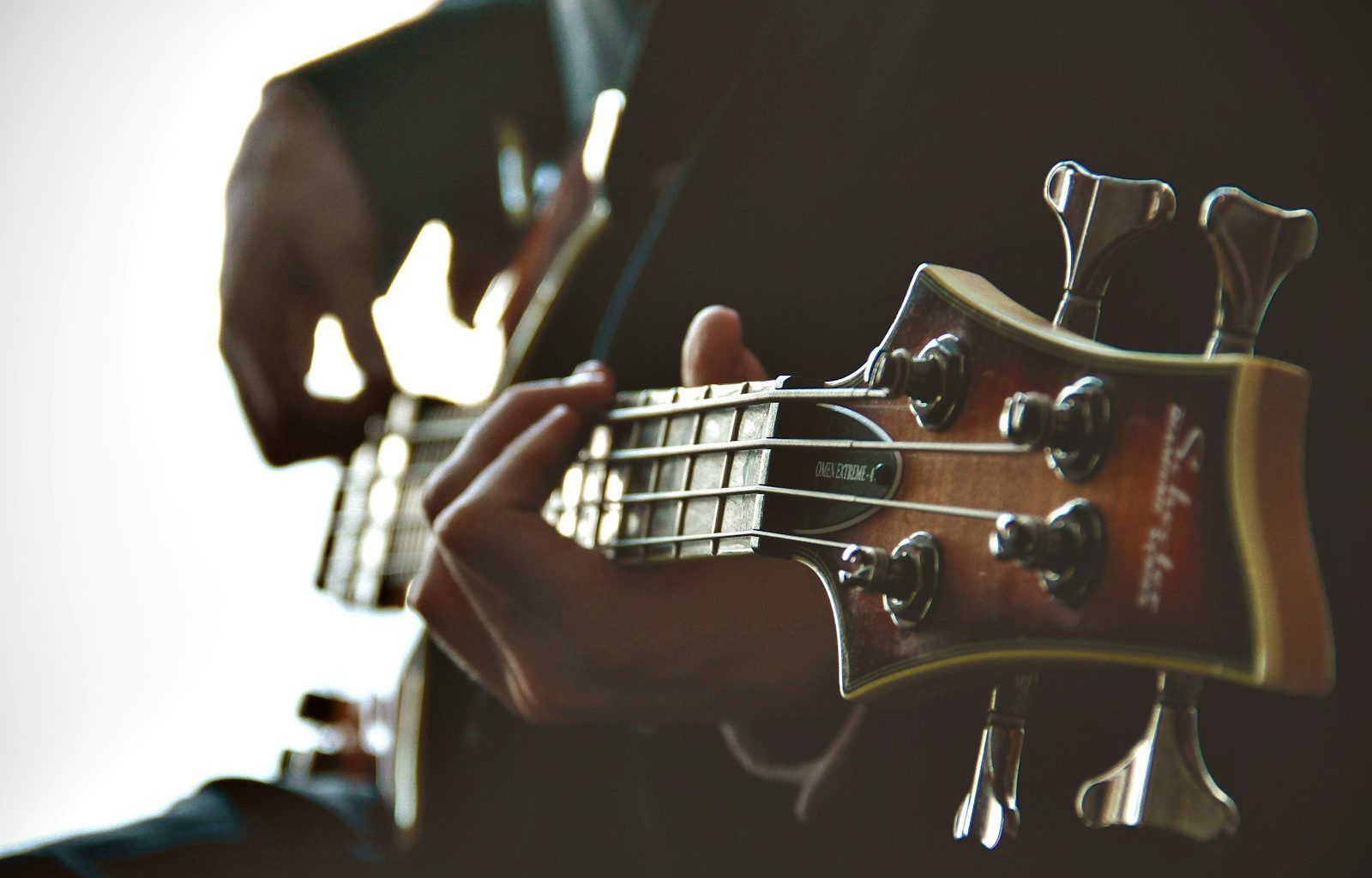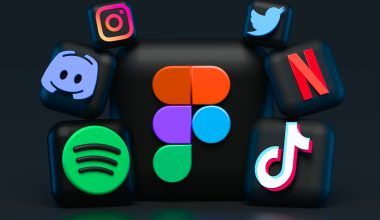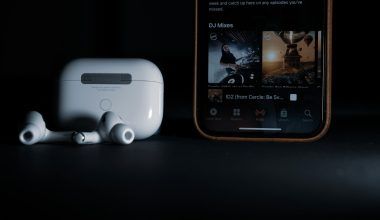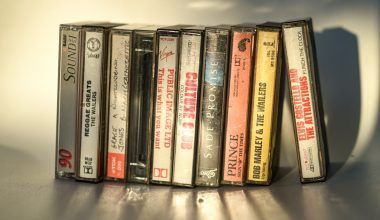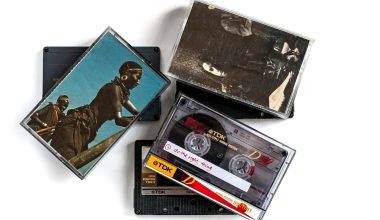If you’re a music lover or just diving into the creative world of music, you’ve probably come across the term “EP” at least once. Maybe you’ve seen your favorite artist announce an upcoming EP, or perhaps you’ve stumbled upon it while exploring new albums. But what does EP actually mean in the music world? Let’s break it down in a simple, easy-to-follow way.
EP stands for “Extended Play.” It’s a collection of music that’s longer than a single but shorter than a full album. Think of it as a mini-album. While albums typically contain 10 to 15 tracks, an EP usually has about 4 to 6 songs. The length makes it perfect for artists who want to share more than a single track but aren’t ready to release a full album just yet.
Why Do Artists Release EPs?
Artists release EPs for many reasons. For starters, it’s a great way for them to experiment with new sounds or ideas. Releasing an EP allows musicians to test the waters without the commitment of creating a full album. For instance, an artist might explore a new genre or collaborate with other artists on an EP to see how fans react.
Another reason is that EPs are quicker and less expensive to produce. Albums require months of work, from writing and recording to mixing and mastering. In contrast, an EP can often be completed in a fraction of that time. This makes it an ideal choice for independent or emerging artists who want to get their music out into the world.
Moreover, EPs help maintain momentum in an artist’s career. Rather than waiting years between album releases, an artist can drop an EP to keep fans engaged and excited. It’s like a sneak peek into what’s coming next.
How Long Is an EP?
There’s no strict rule about the length of an EP, but it typically falls somewhere between 15 to 30 minutes. The number of tracks can vary, but most EPs include four to six songs. Some EPs might be as short as three tracks, especially if the songs are longer.
The main thing that distinguishes an EP from an album is its length and purpose. An album usually tells a more complete story or theme, while an EP often feels like a sampler—a taste of what the artist has to offer.
The History of EPs
The concept of EPs dates back to the vinyl record era. In the mid-20th century, vinyl records came in various formats, including singles, EPs, and LPs (long plays). Singles typically had one song on each side, while LPs contained a full album of tracks. EPs were somewhere in between, offering a handful of songs on a smaller record.
Over time, as music shifted to CDs and digital platforms, the definition of an EP evolved. Today, EPs aren’t tied to physical formats but are more about the number of songs and the listening experience they offer.
EPs vs. Albums vs. Singles
To understand EPs better, it helps to compare them to albums and singles. A single is usually one song, though it might include a B-side or an instrumental version. Singles are often released to promote an upcoming album or EP.
An album, on the other hand, is a complete collection of songs, usually ranging from 10 to 15 tracks. Albums often explore a central theme or concept, making them a more immersive experience.
An EP sits comfortably between the two. It’s more substantial than a single but not as extensive as an album. This makes it a great choice for artists who want to release something meaningful without committing to a full-length project.
How EPs Benefit Emerging Artists
For new or independent artists, an EP can be a game-changer. It’s an affordable way to showcase their talent and start building a fan base. Instead of waiting to create a full album, they can put together an EP and start sharing their music with the world.
EPs are also a fantastic way to get noticed. Many record labels and music industry professionals look for EPs when scouting new talent. A well-produced EP can serve as a calling card, showcasing an artist’s style, voice, and potential.
How Fans Engage With EPs
From a fan’s perspective, EPs are exciting. They offer a glimpse into an artist’s creative process and often feel more personal than a full album. Plus, because they’re shorter, they’re easy to listen to in one sitting.
EPs can also introduce fans to new styles or collaborations. For example, an artist might use an EP to experiment with a genre they haven’t explored before. This keeps their music fresh and keeps fans coming back for more.
Famous EPs That Made an Impact
Some of the most iconic music releases started as EPs. For instance, The Beatles released several EPs in the early days of their career, helping them gain massive popularity. In more recent years, artists like Billie Eilish and The Weeknd have used EPs to make their mark in the music world.
These examples show how powerful an EP can be. It’s not just a stepping stone; it’s a platform for creativity and connection.
How to Make an EP
If you’re an artist thinking about creating an EP, the process is simpler than you might think. Start by choosing a handful of songs that fit together thematically or stylistically. Focus on quality over quantity—it’s better to have four amazing tracks than six mediocre ones.
Next, think about the production process. If you’re working on a budget, consider collaborating with local producers or using home recording equipment. Many successful EPs have been created in home studios.
Finally, plan your release strategy. Will you drop your EP all at once, or release singles leading up to it? How will you promote it? Social media, live performances, and streaming platforms can all play a role in getting your EP heard.
The Future of EPs in Music
As the music industry continues to evolve, EPs are becoming more popular than ever. With the rise of streaming platforms, listeners are gravitating toward shorter, more digestible releases. This makes EPs a perfect fit for today’s fast-paced world.
For artists, EPs offer endless possibilities. They can be used to tell a story, experiment with new sounds, or collaborate with other musicians. Whether you’re a music creator or a fan, there’s no denying the impact of EPs on the music world.
Conclusion
So, what is an EP in the music world? It’s more than just a collection of songs; it’s a creative playground, a stepping stone, and a way to connect with fans. Whether you’re listening to one or making one, an EP is a powerful tool for sharing and discovering music. The next time you see an artist announce an EP, you’ll know exactly what to expect—and why it matters.
For further reading, explore these related articles:
For additional resources on music marketing and distribution, visit DMT Records Private Limited.
